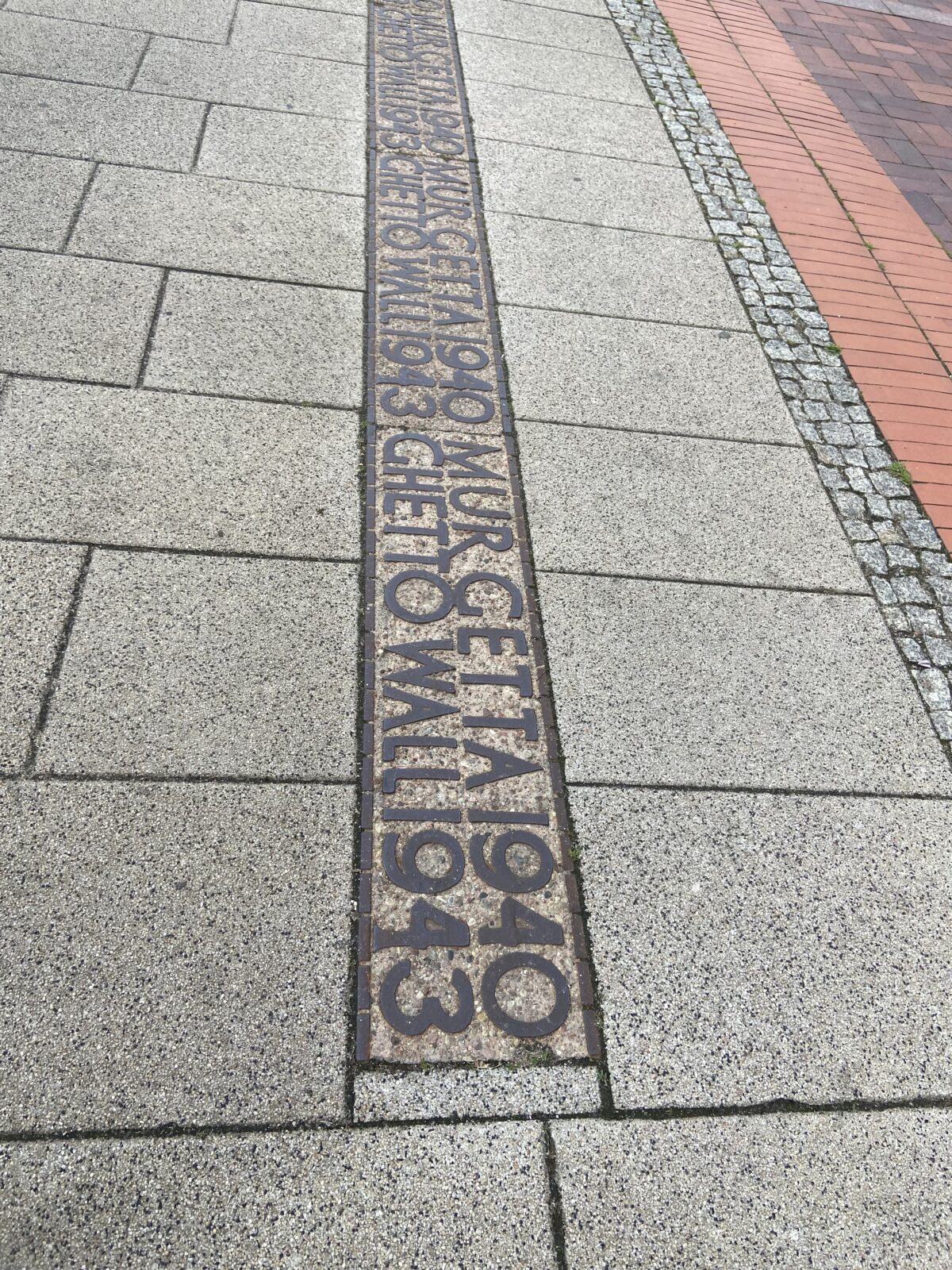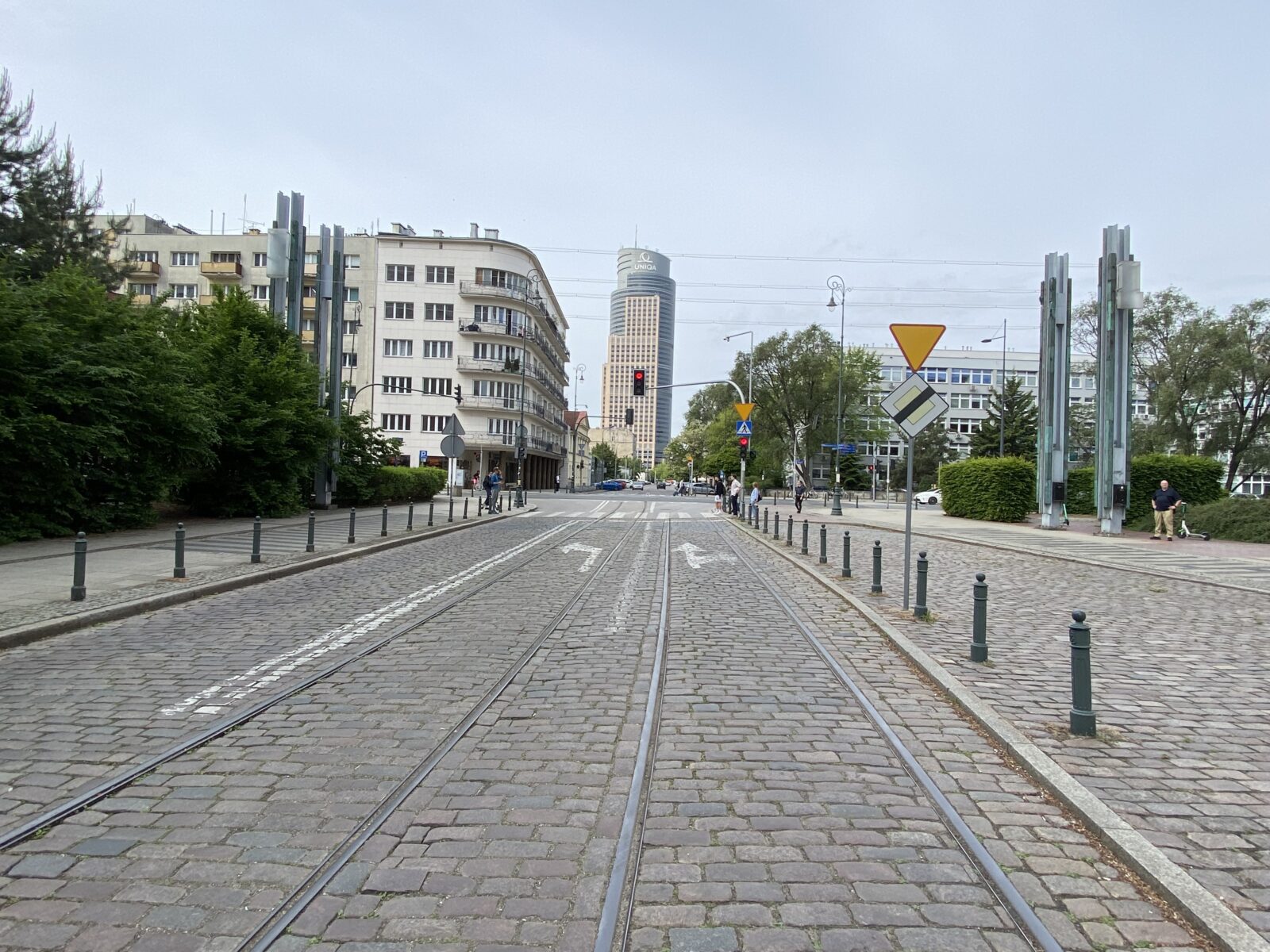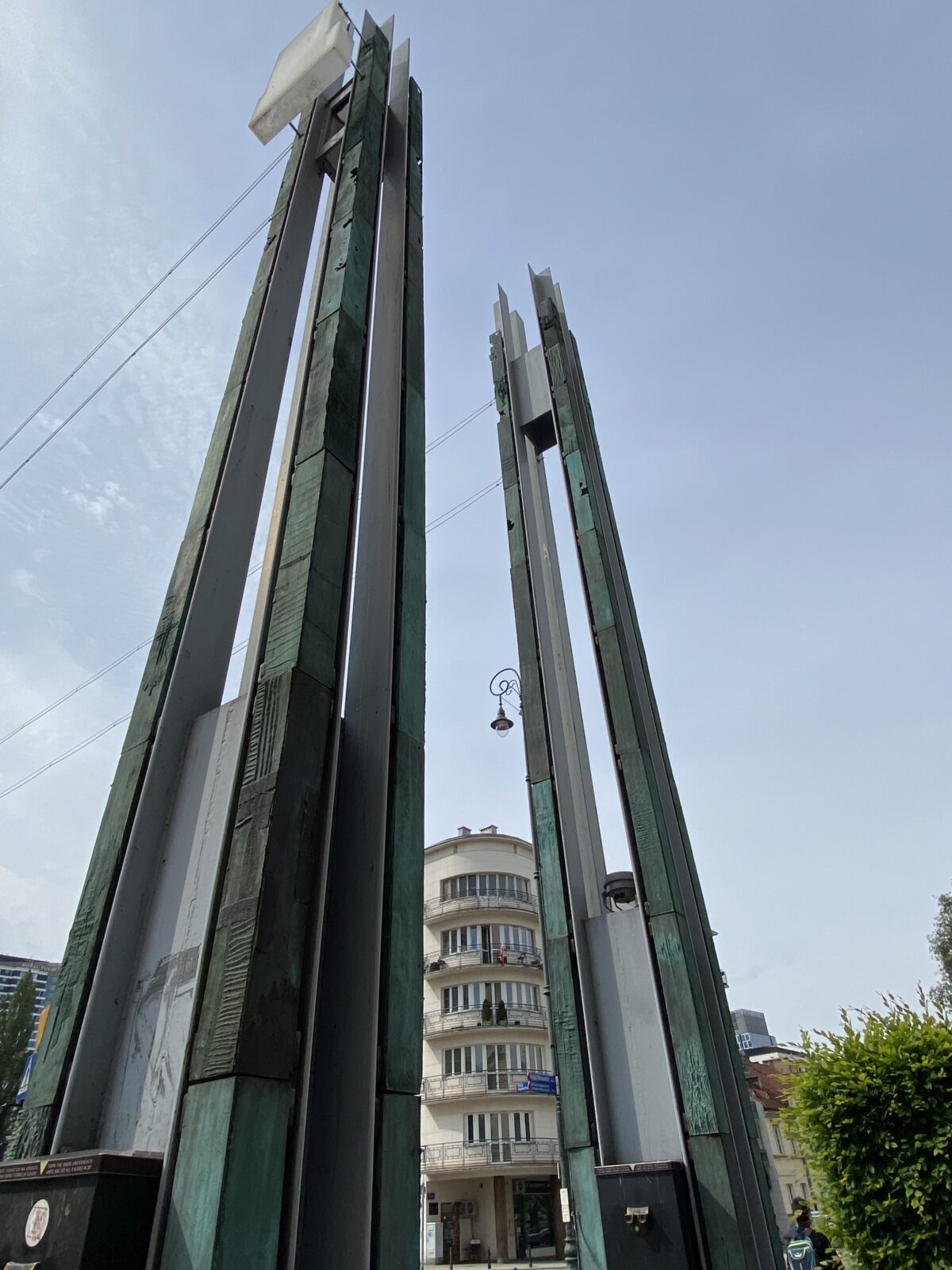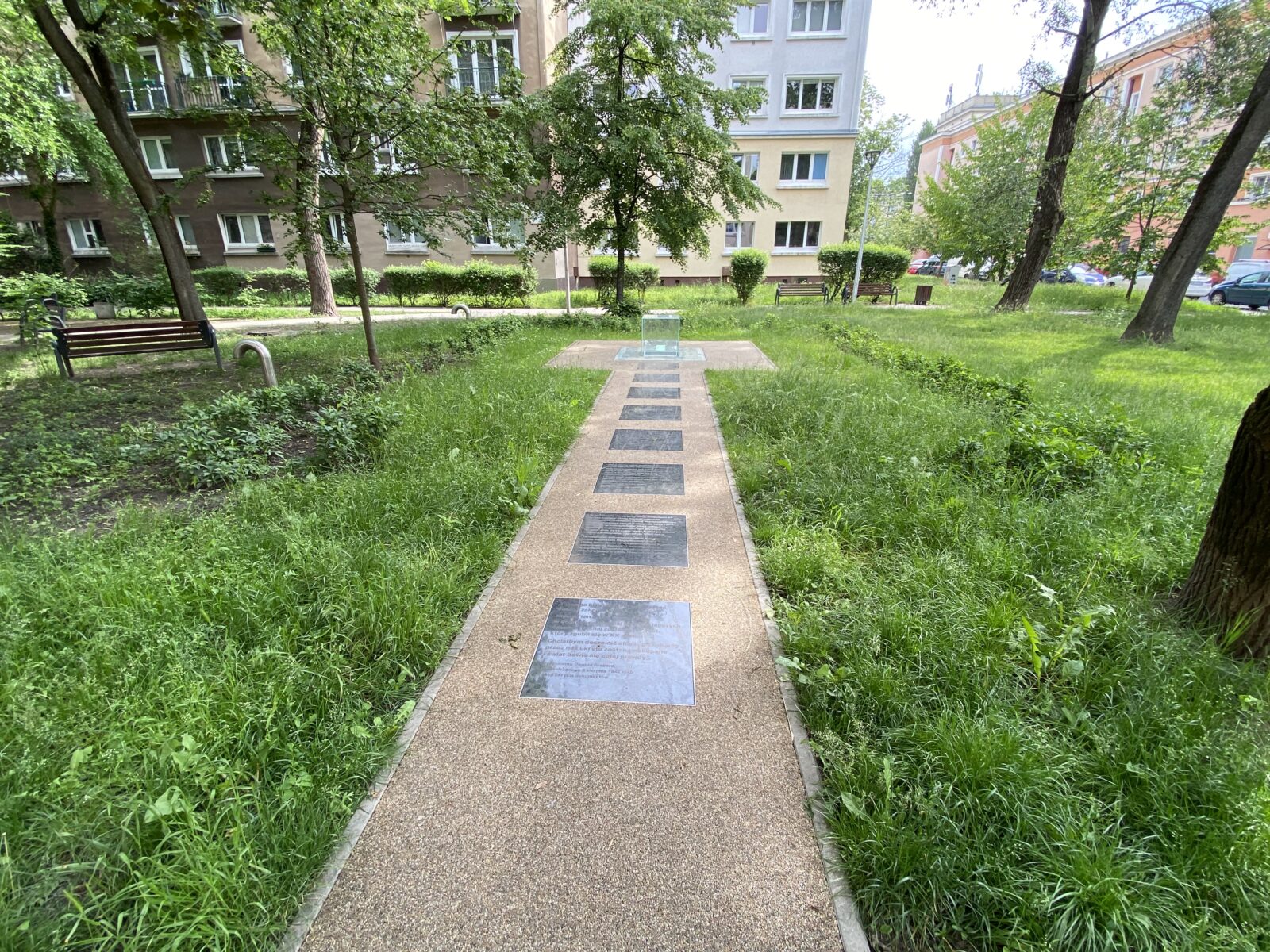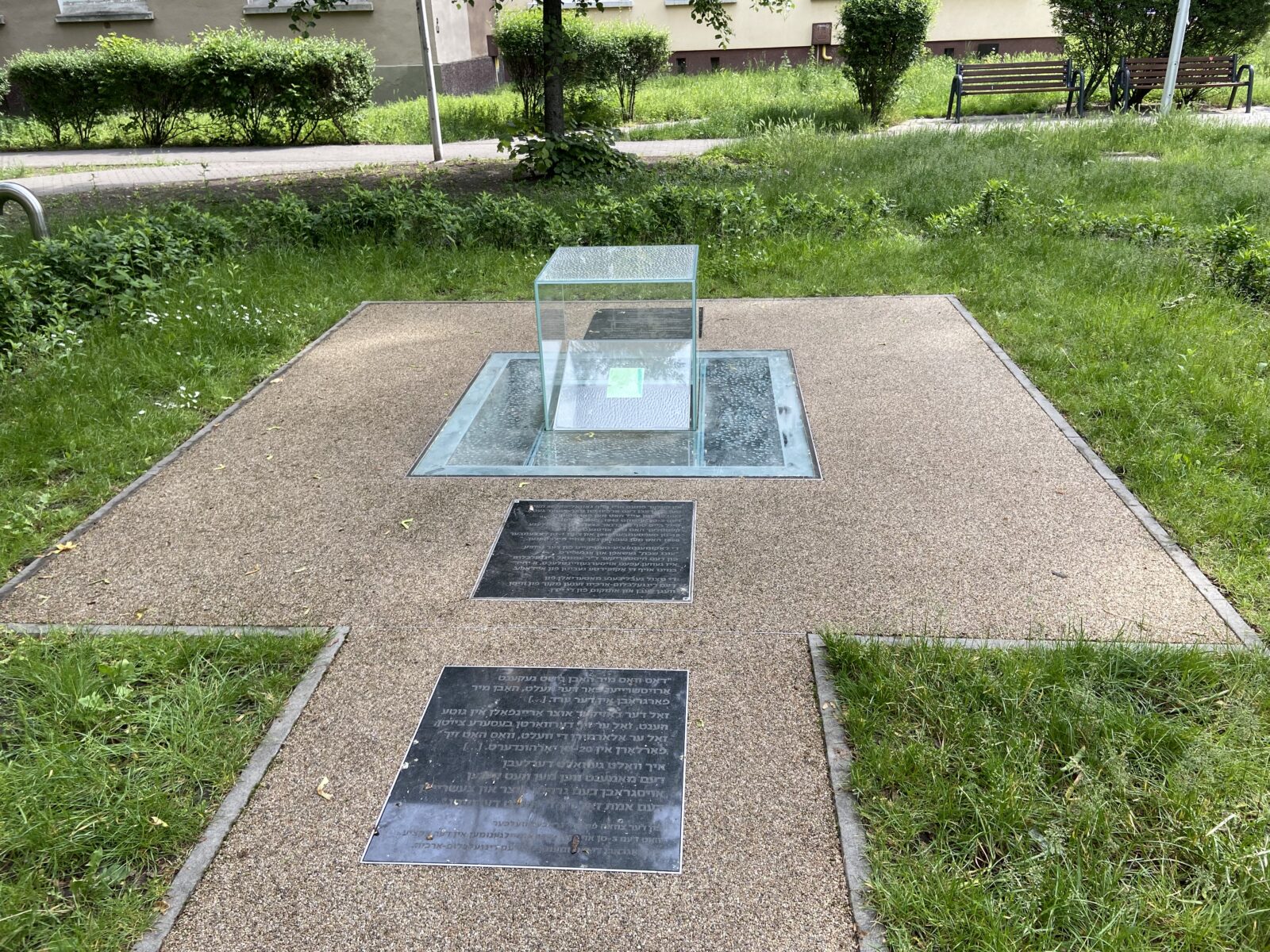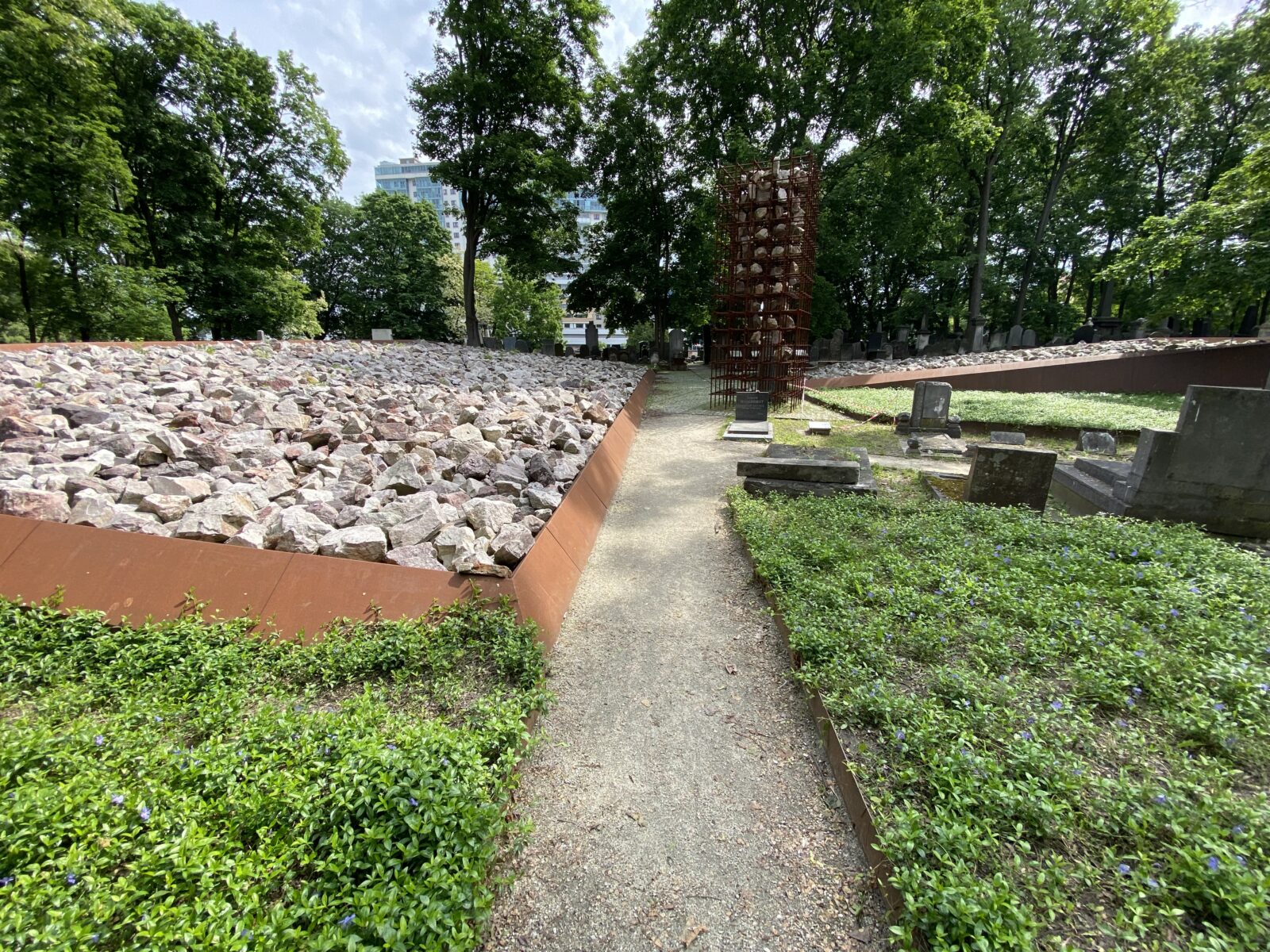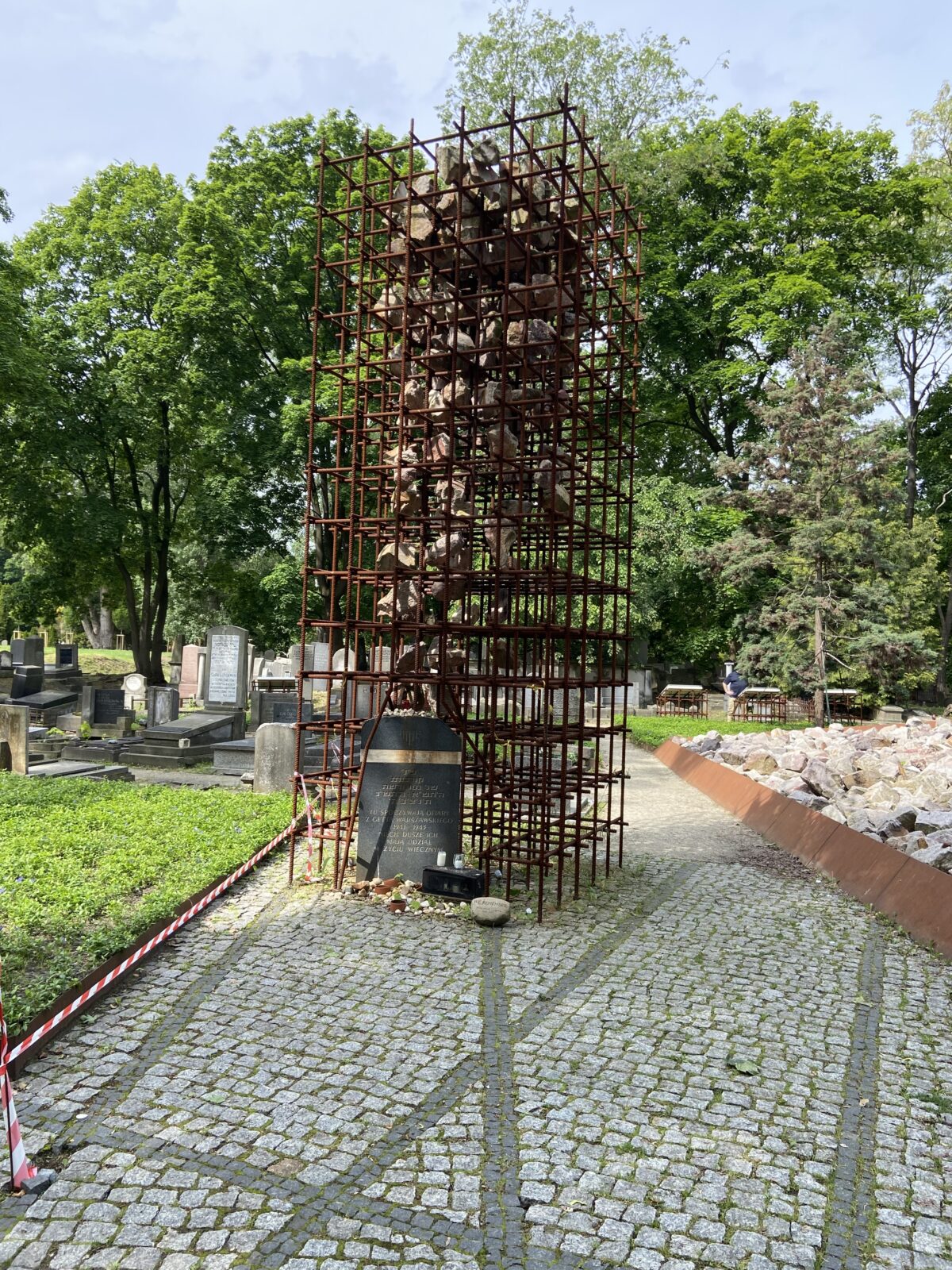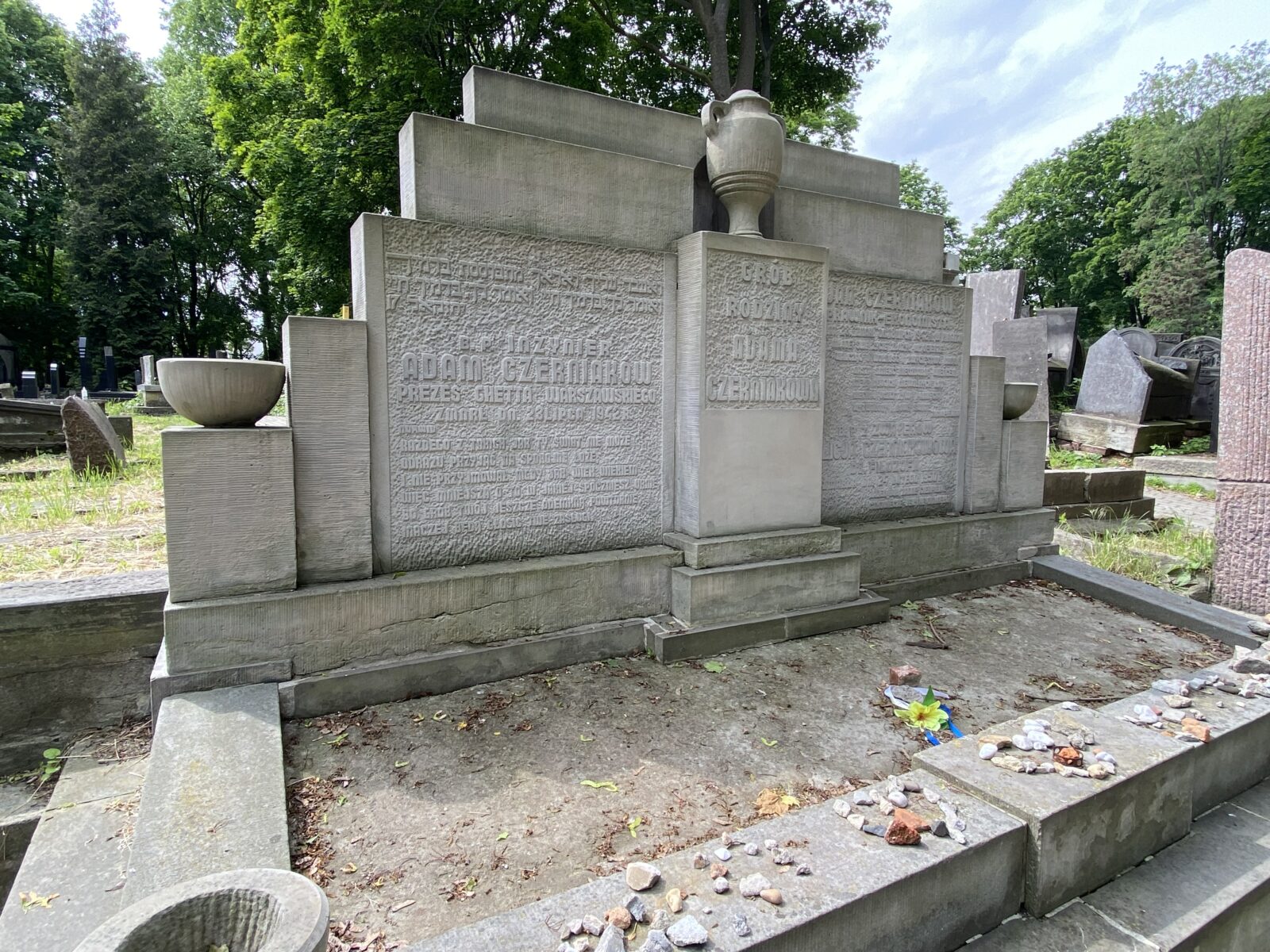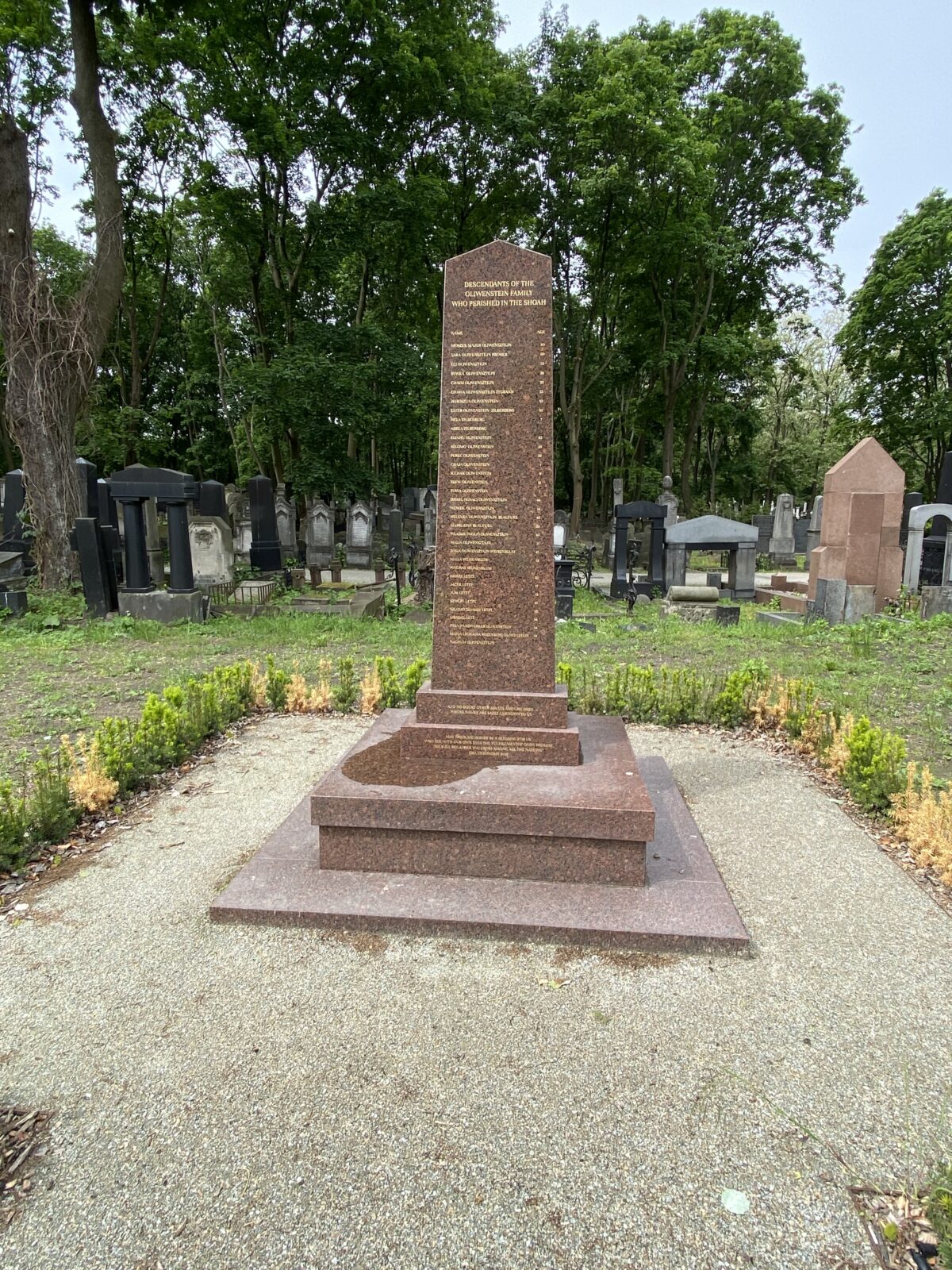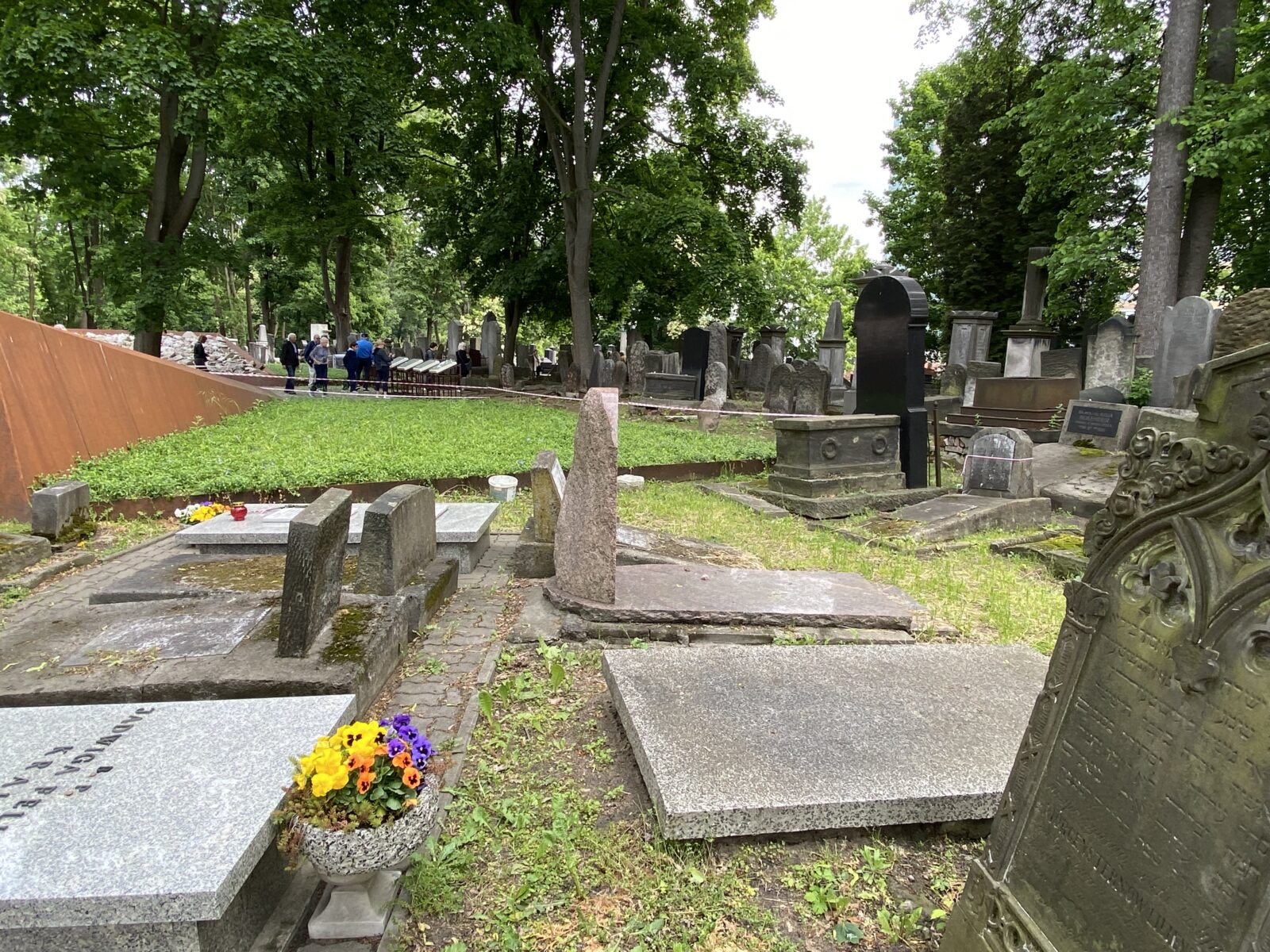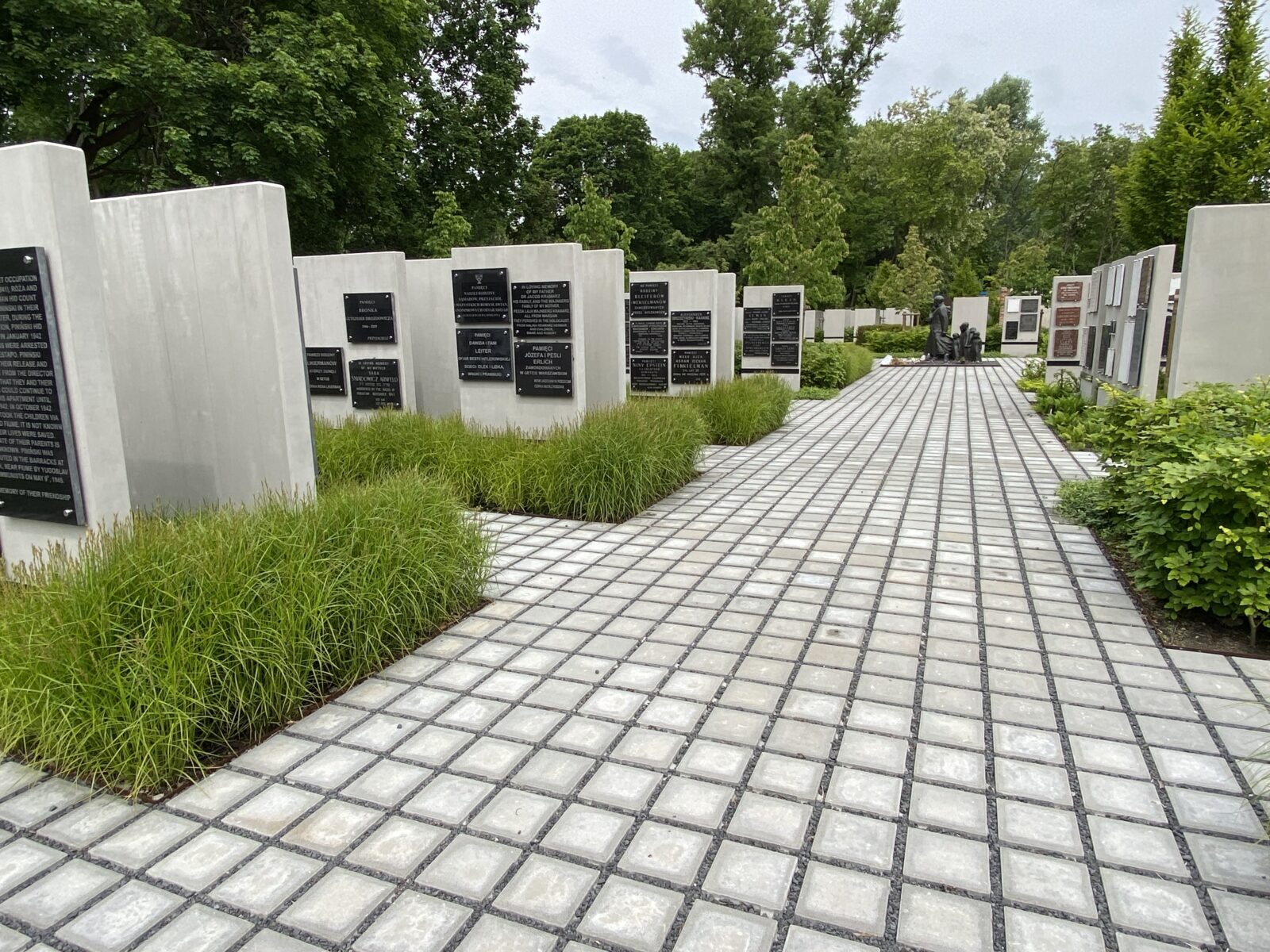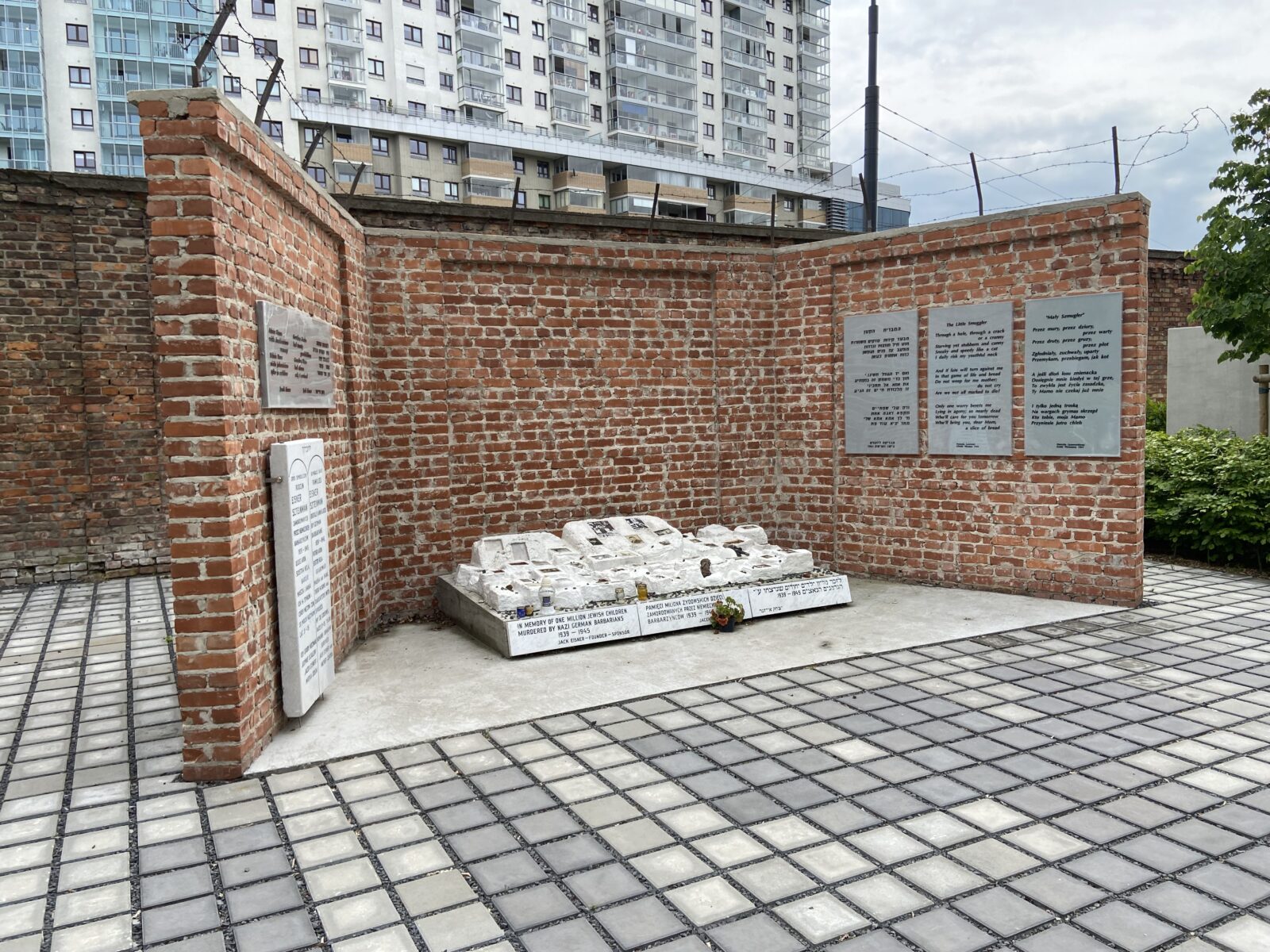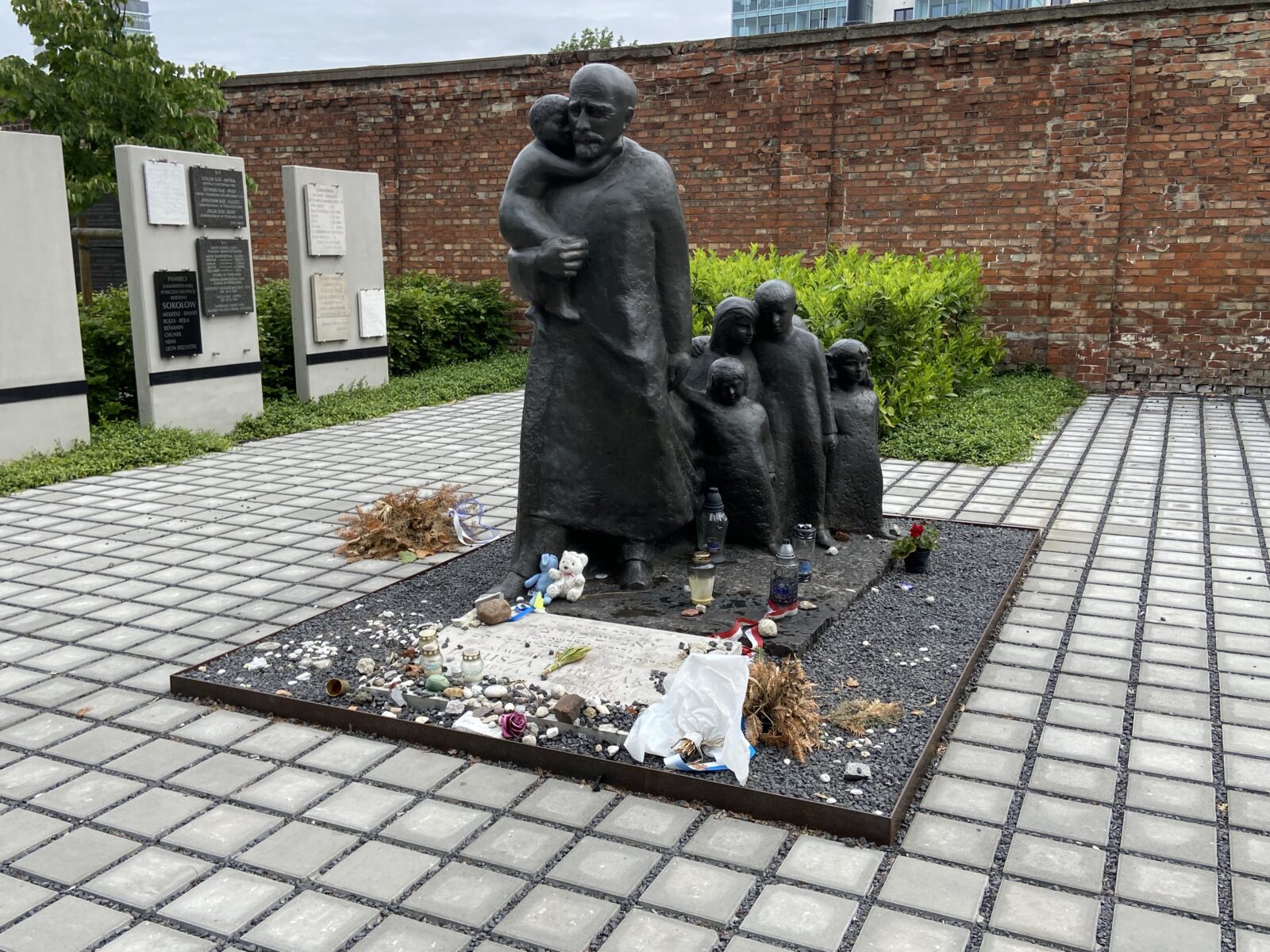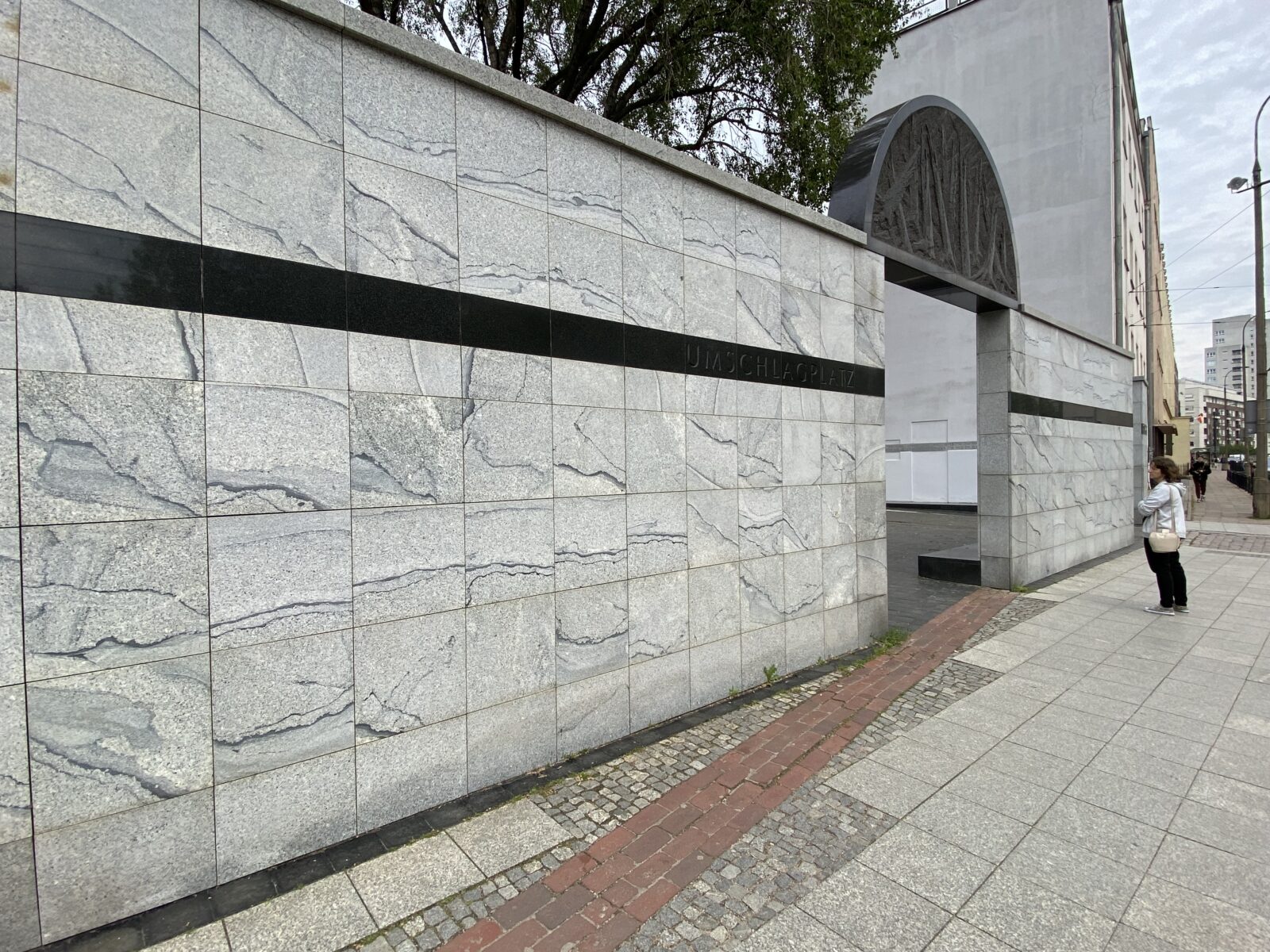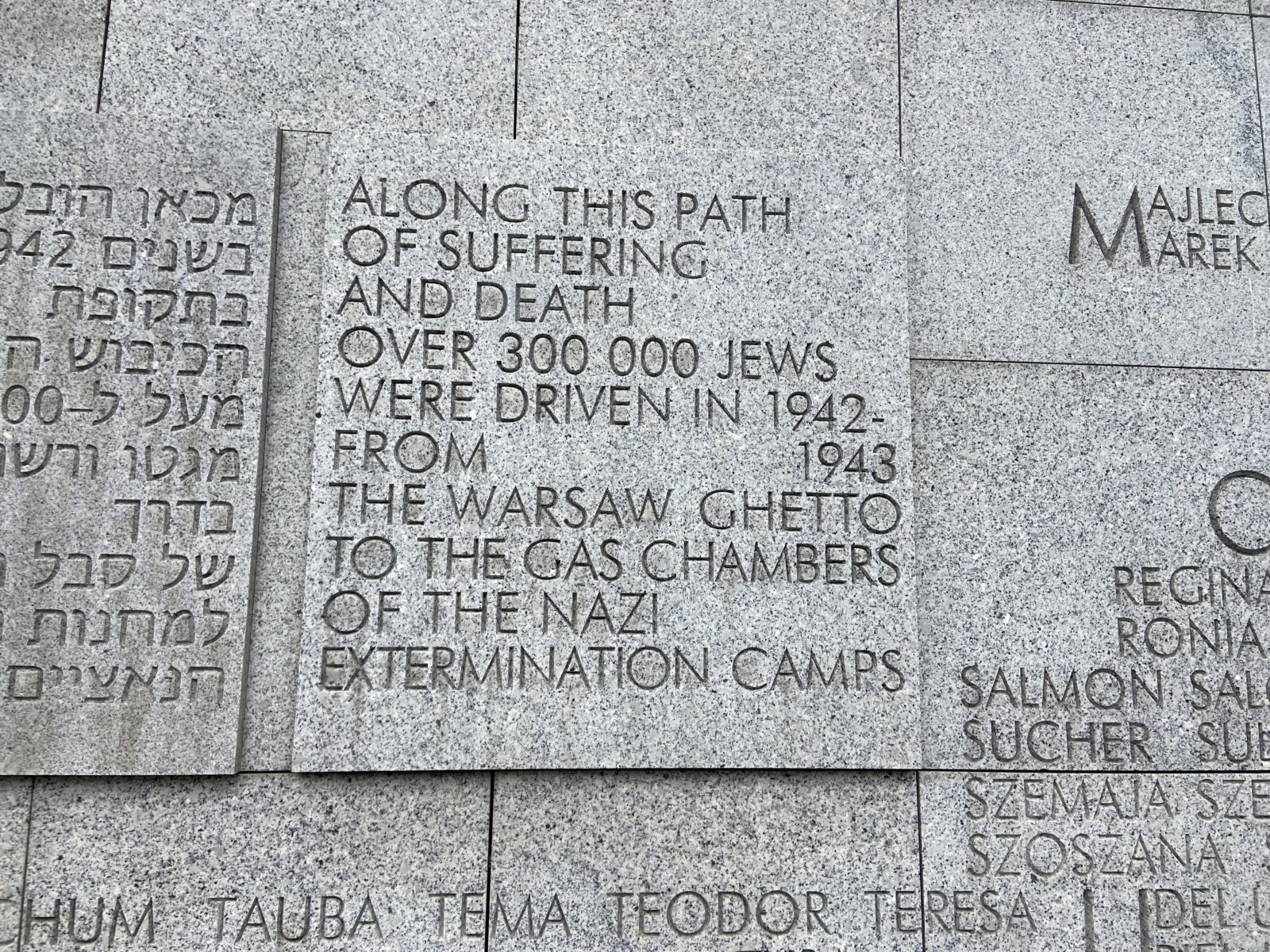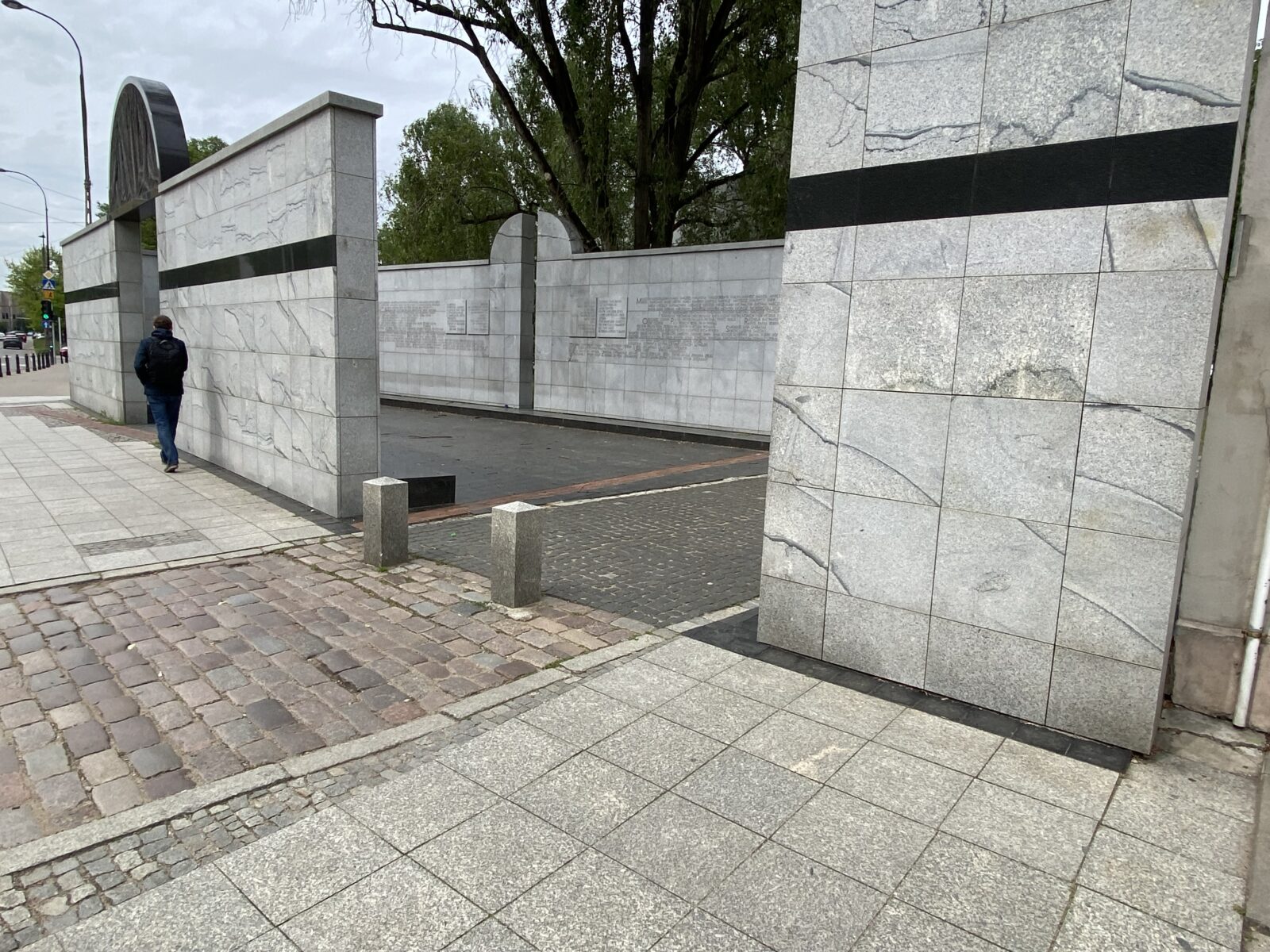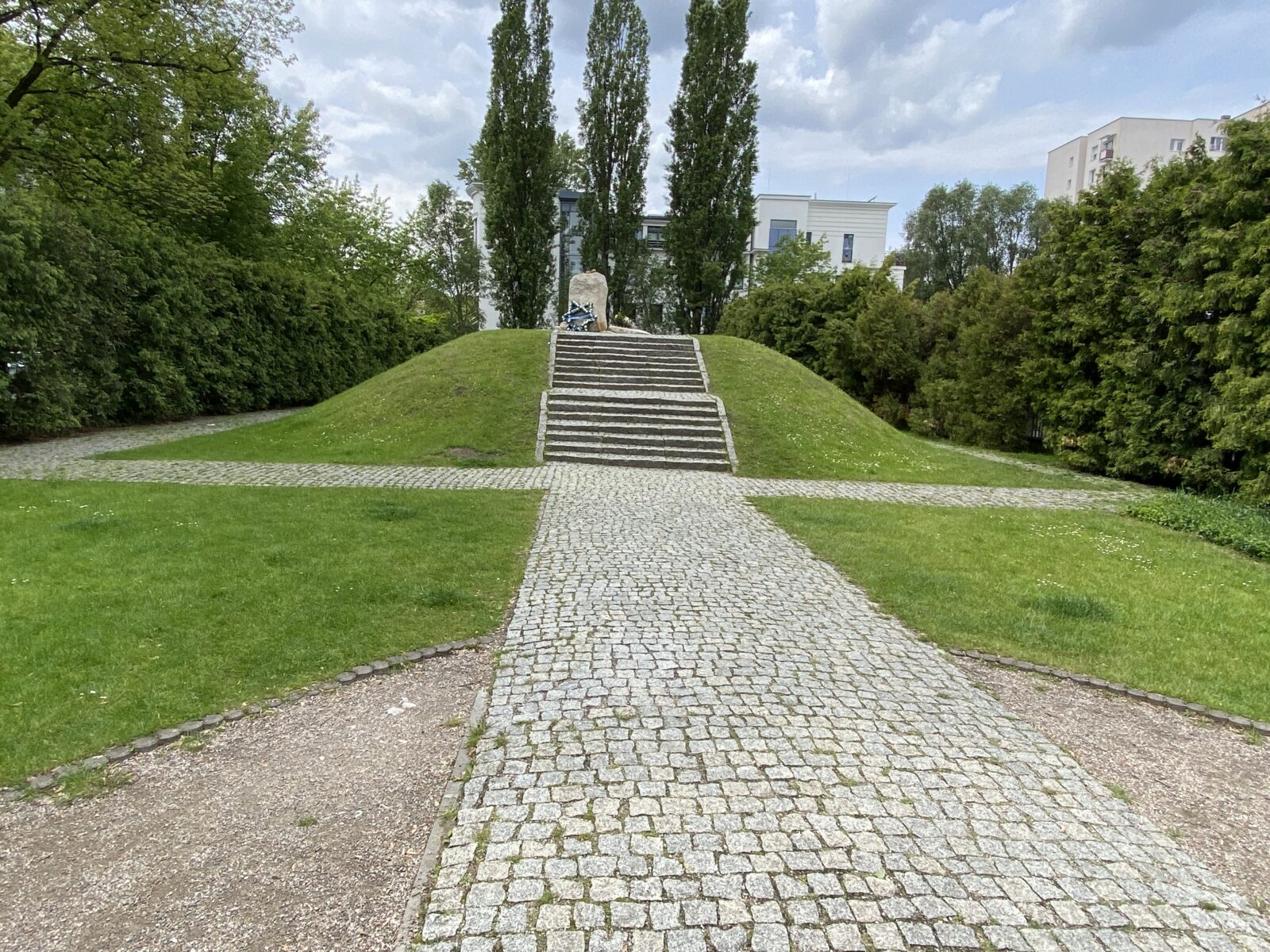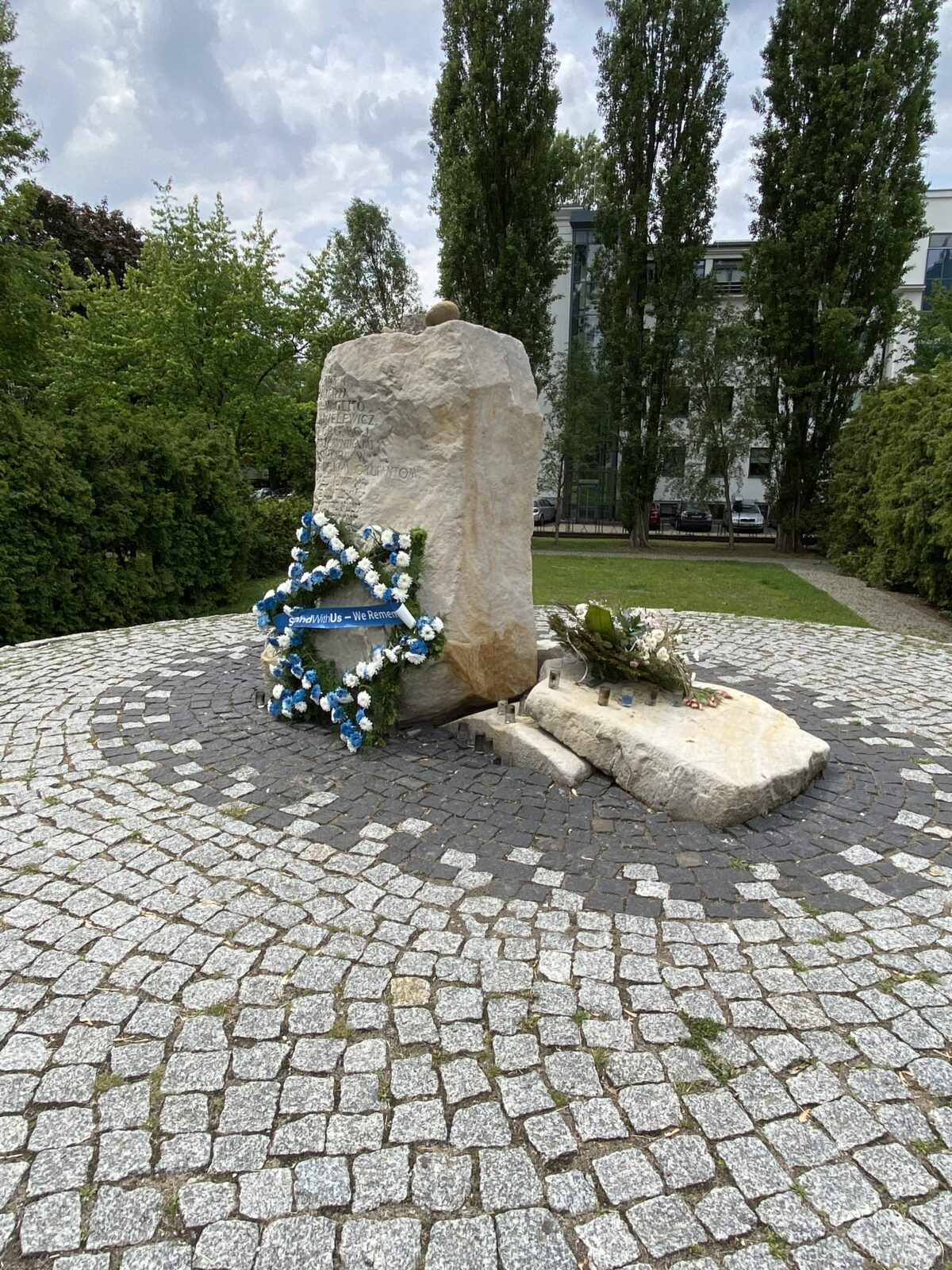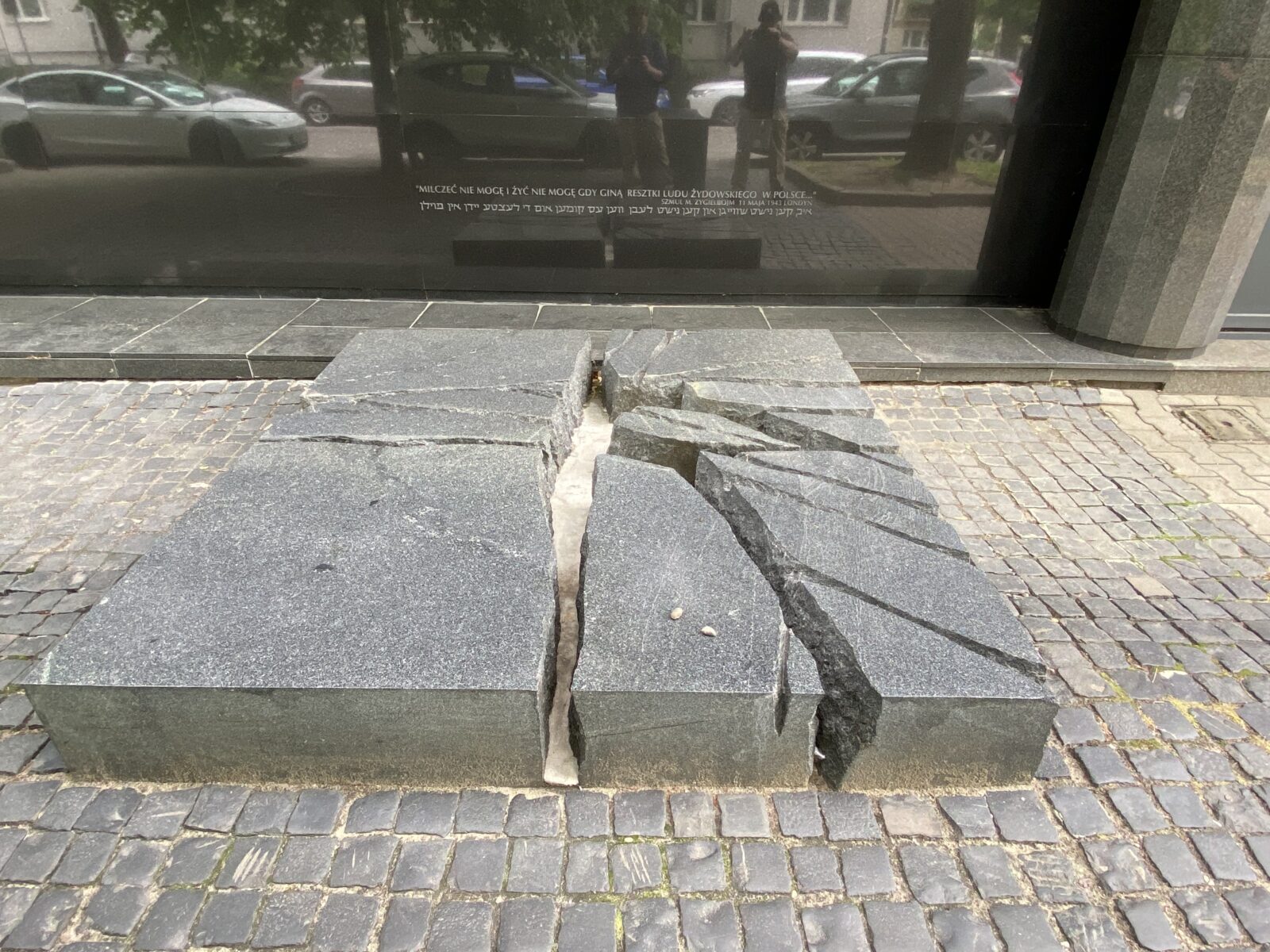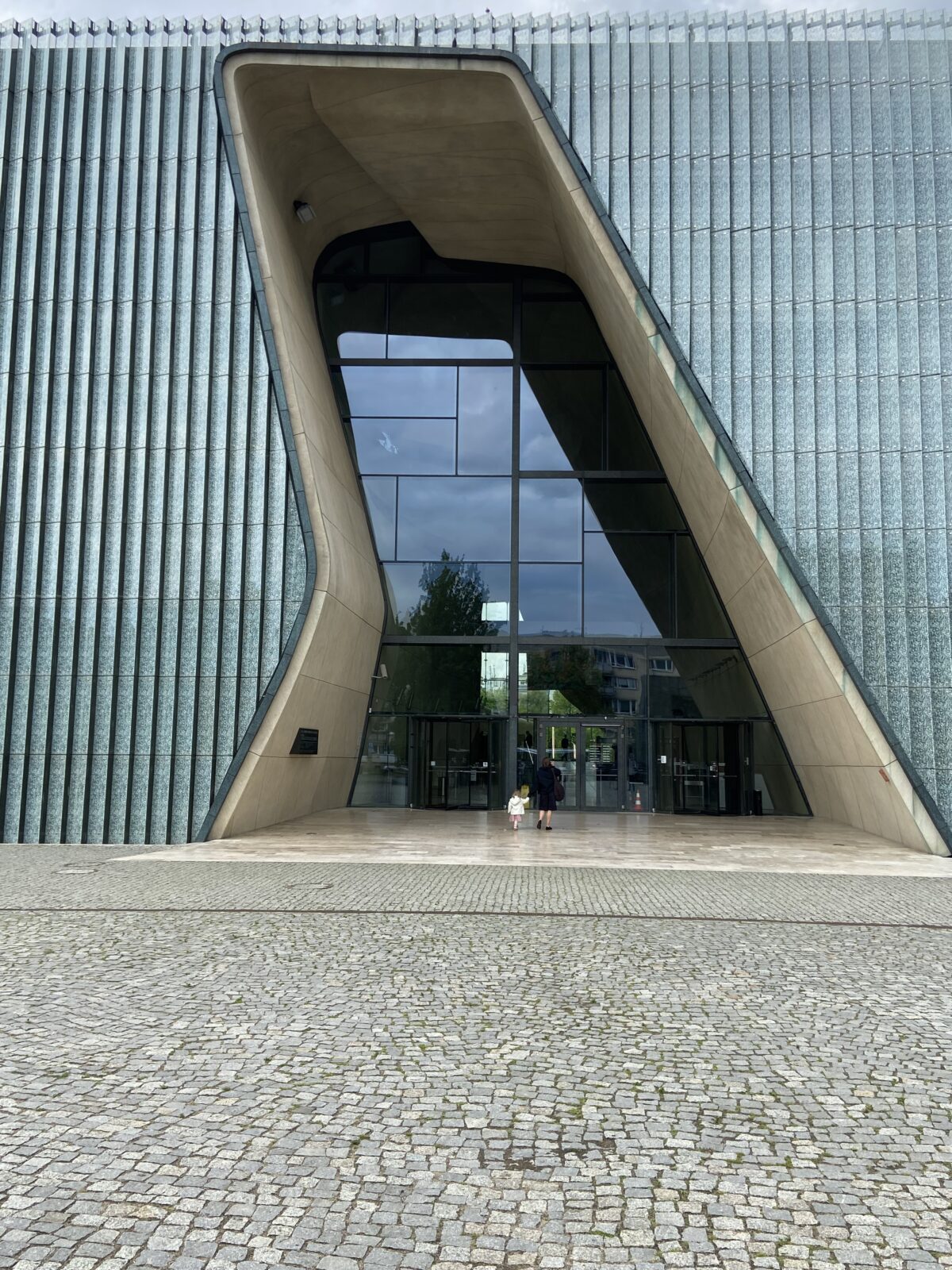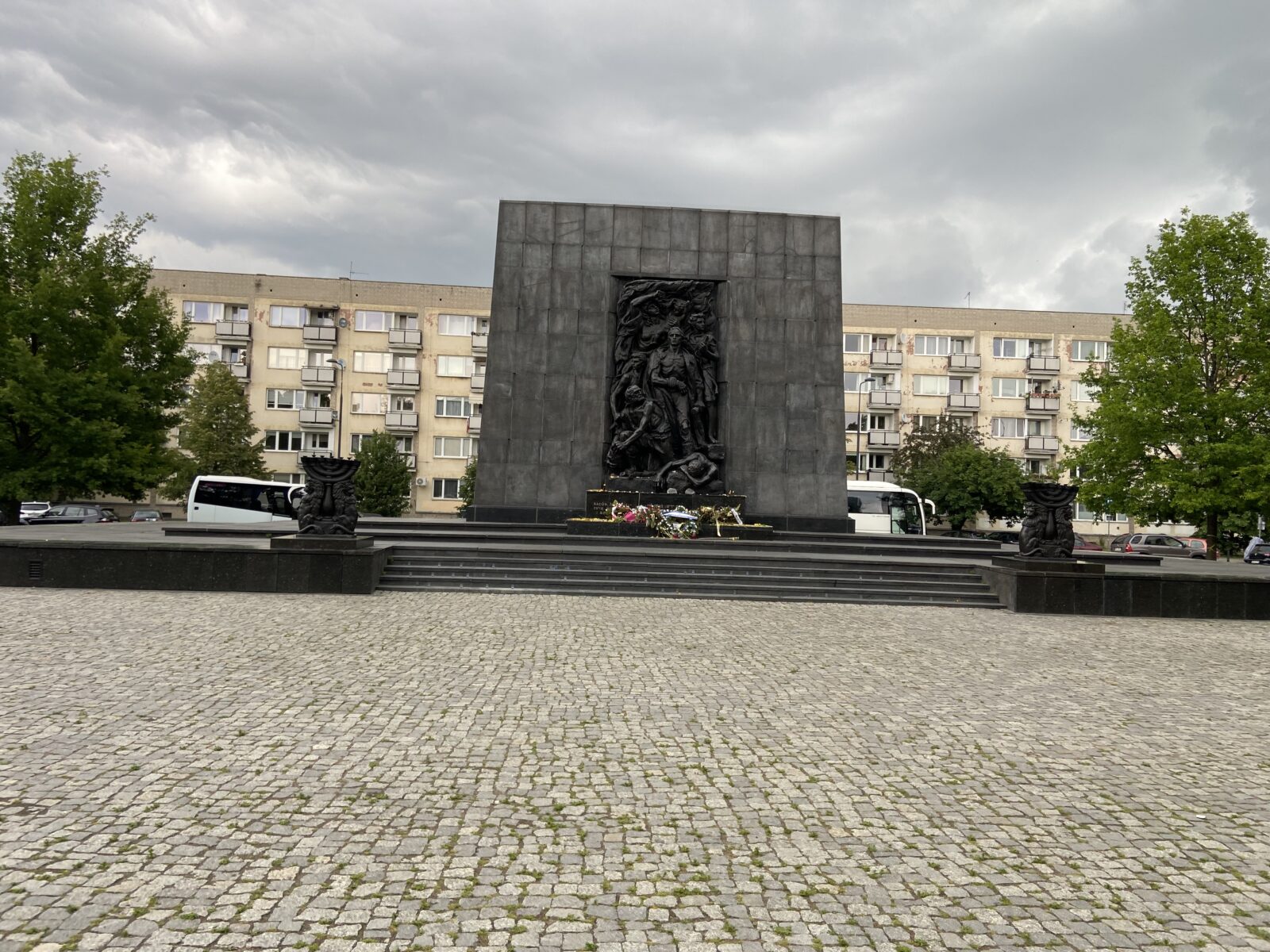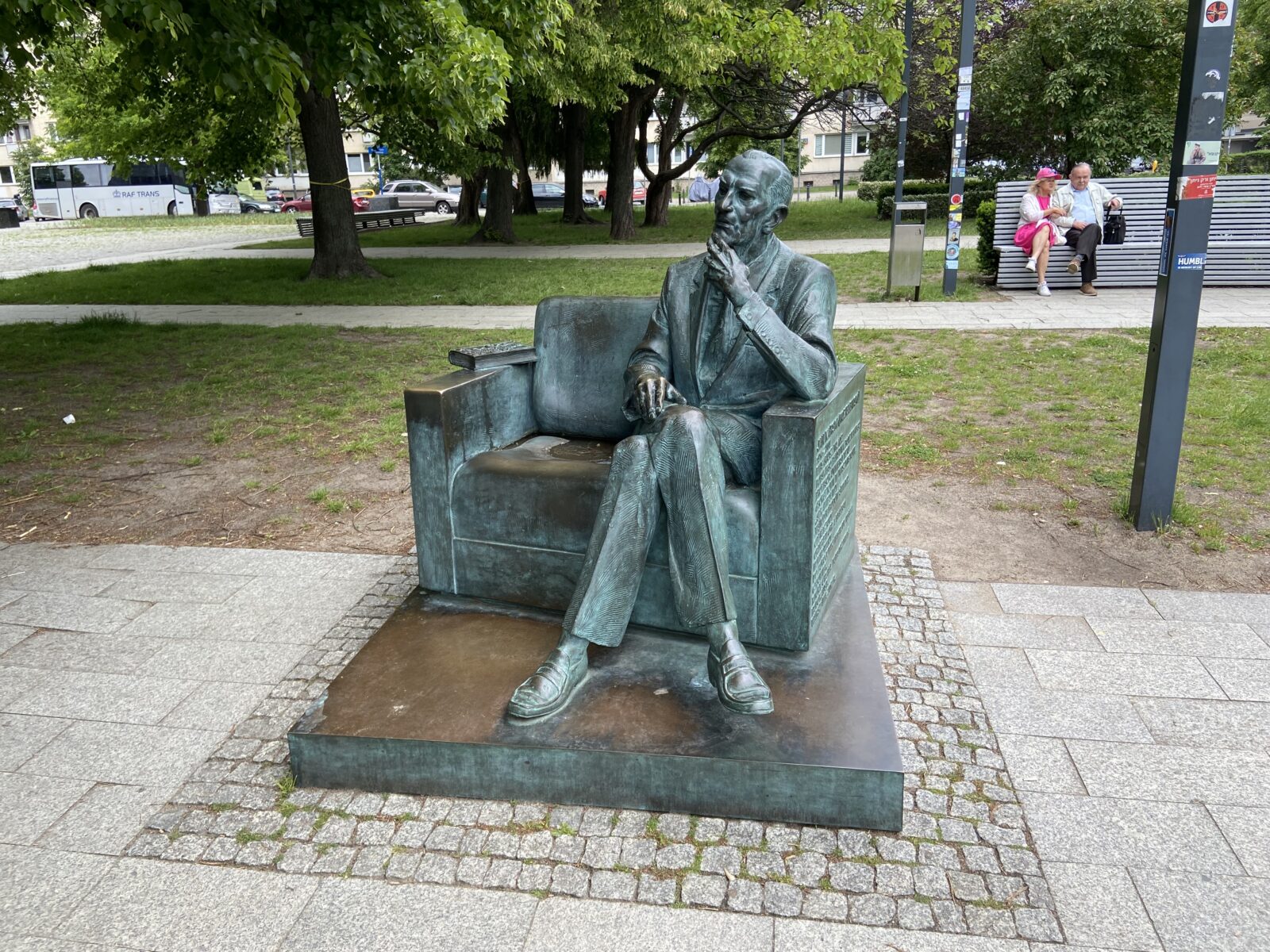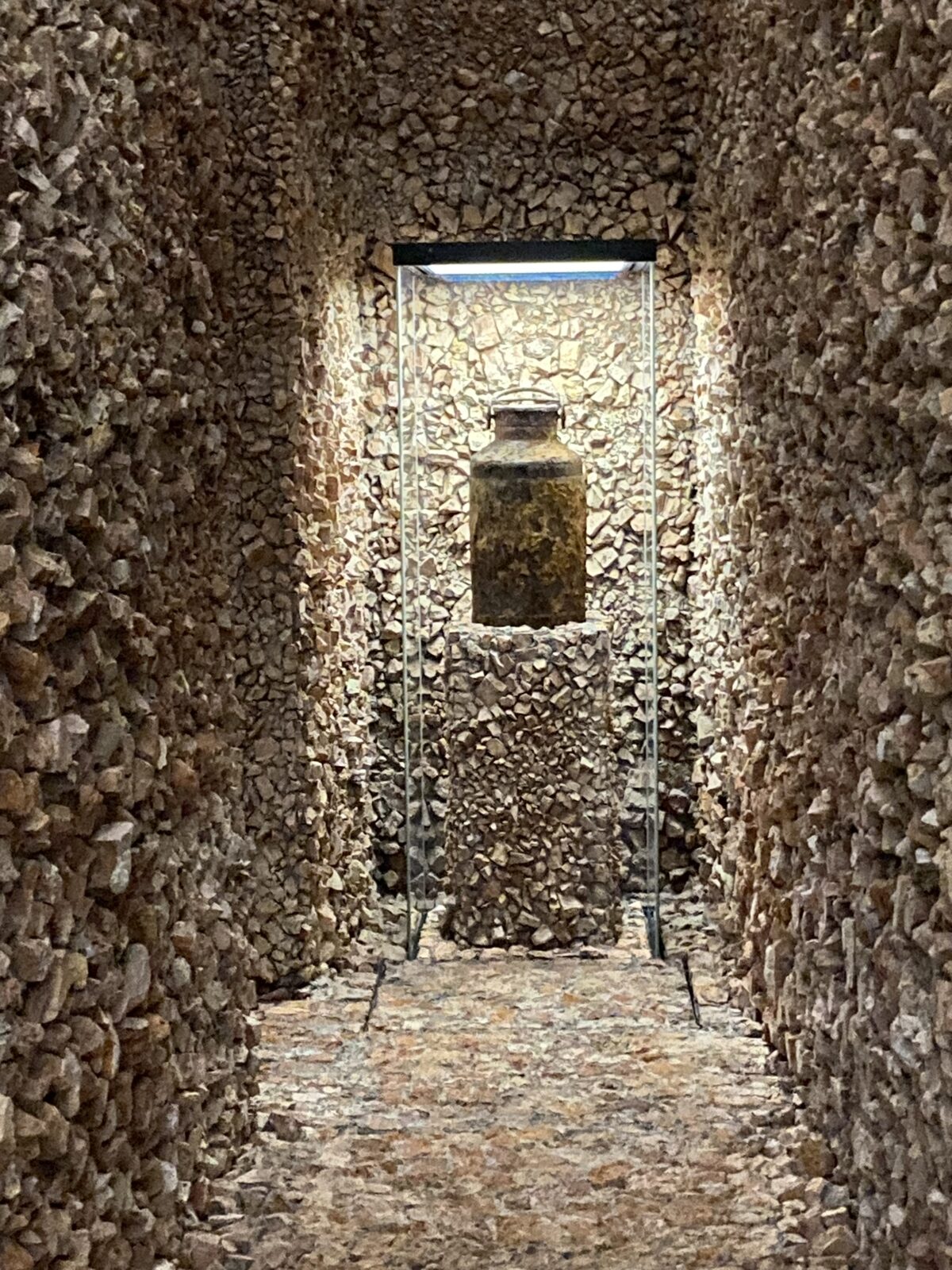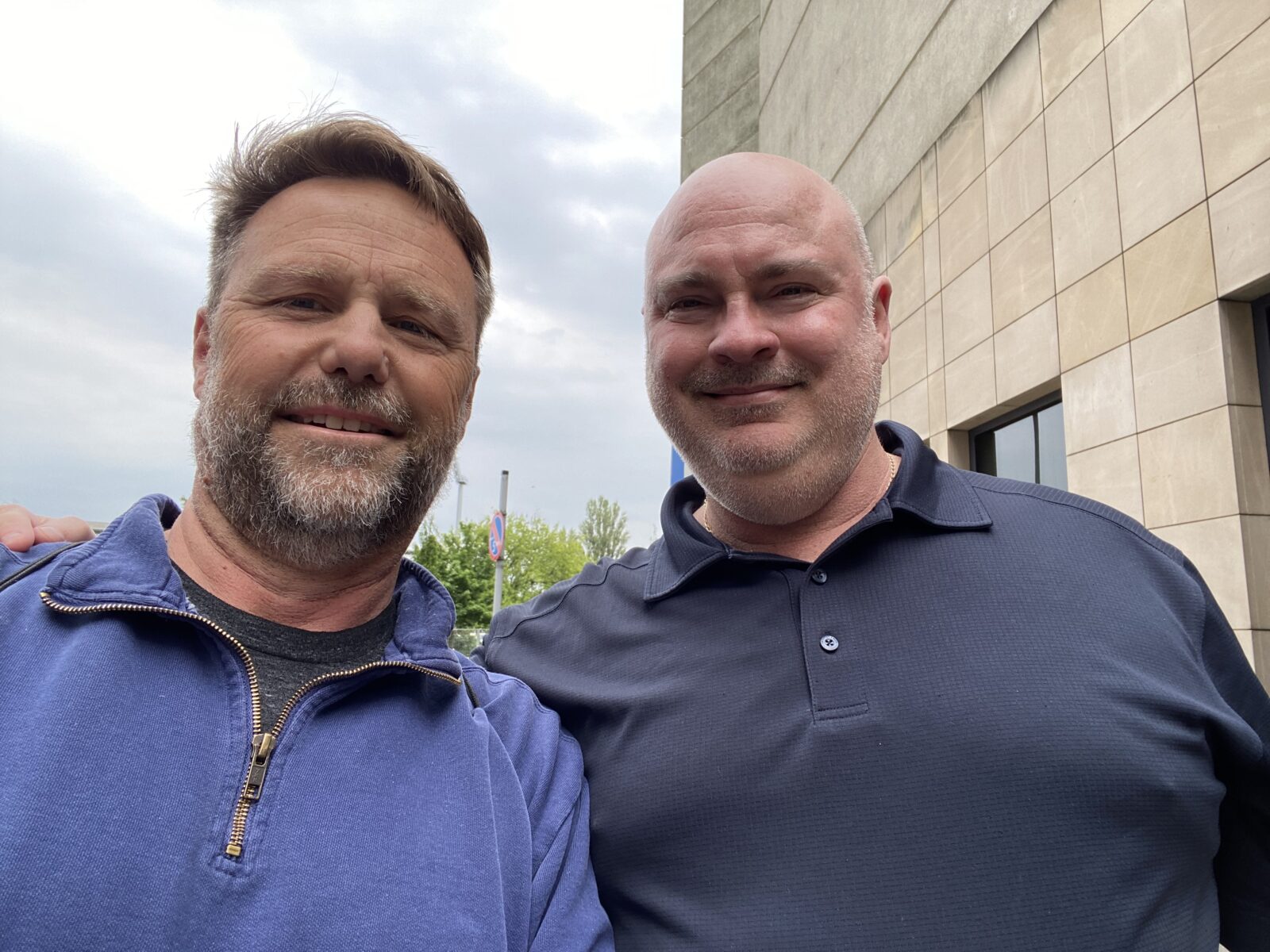Life, Suffering, and Faith in the Ghetto
I was able to spend the last day of my visit to Germany and Poland touring the Warsaw Ghetto. Once again, my Aussie friend Damien was both taxi and tour guide. The only context I have to share is that there is so much more here than I thought. Below are some pics from just some of the places we checked out.
One highlight, you ask? Well, there is so much we found to reflect upon (I will be processing this day for a long time), but maybe I would single out the Oneg Shabbat archives – a collection of documents and testimonials gathered, organized, and stored by a group of people living in the ghetto and led by Dr. Emanuel Ringelblum. When the end was near, these records were bound up and buried – with only a few people knowing (roughly) where. Well, about 4 years after the war, a set of metal tins were discovered buried in the ground near the foundations to an apartment building. In them were these testimonials and other forms of data capturing life and sentiment by the inhabitants of the ghetto. Although damaged by water, they were painstakingly salvaged and largely recovered. A few years after that, some more records were found in large sealed milk cans. (Many of the Oneg Shabbat records are currently stored at the Jewish Historical Institute of Warsaw, now occupying what was the old Jewish library prior to WWII.) The forethought required to see the value of this project for posterity, the time and energy needed to gather all of this data, and the care and consideration taken by this group of Warsaw Jews to organize, hide, and hopefully preserve it for future use is truly astounding.
I think I’ll finish this post, and indeed this series of posts, with a quote discovered in the Oneg Shabbat records from a sermon given by Rabbi Kalonimus Kelmisz Szapiro and delivered in the Warsaw Ghetto for a Hanukkah service in December of 1941.
“…It is true that suffering like these which we are now enduring come only once every several hundred years, but nevertheless, how can we expect to understand these actions of God? [How can we allow] our faith to be weakened if we don’t understand them? If we can’t understand one blade of grass made by God; if we can’t grasp the soul or an angel or His mind, then how can we expect to understand what He knows and understands? Why is it that an individual is affected by these current sufferings more than by all the sufferings which have swept over Israel in the past? Why…one’s faith was not weakened, but now it is weakened? For those people who say that Israel has never experienced sufferings such as these are mistaken. At the time of the destruction of the Temple, etc., there were [sufferings] such as these. May God have mercy and call an end to our troubles; may He save us immediately, now and forevermore.”
